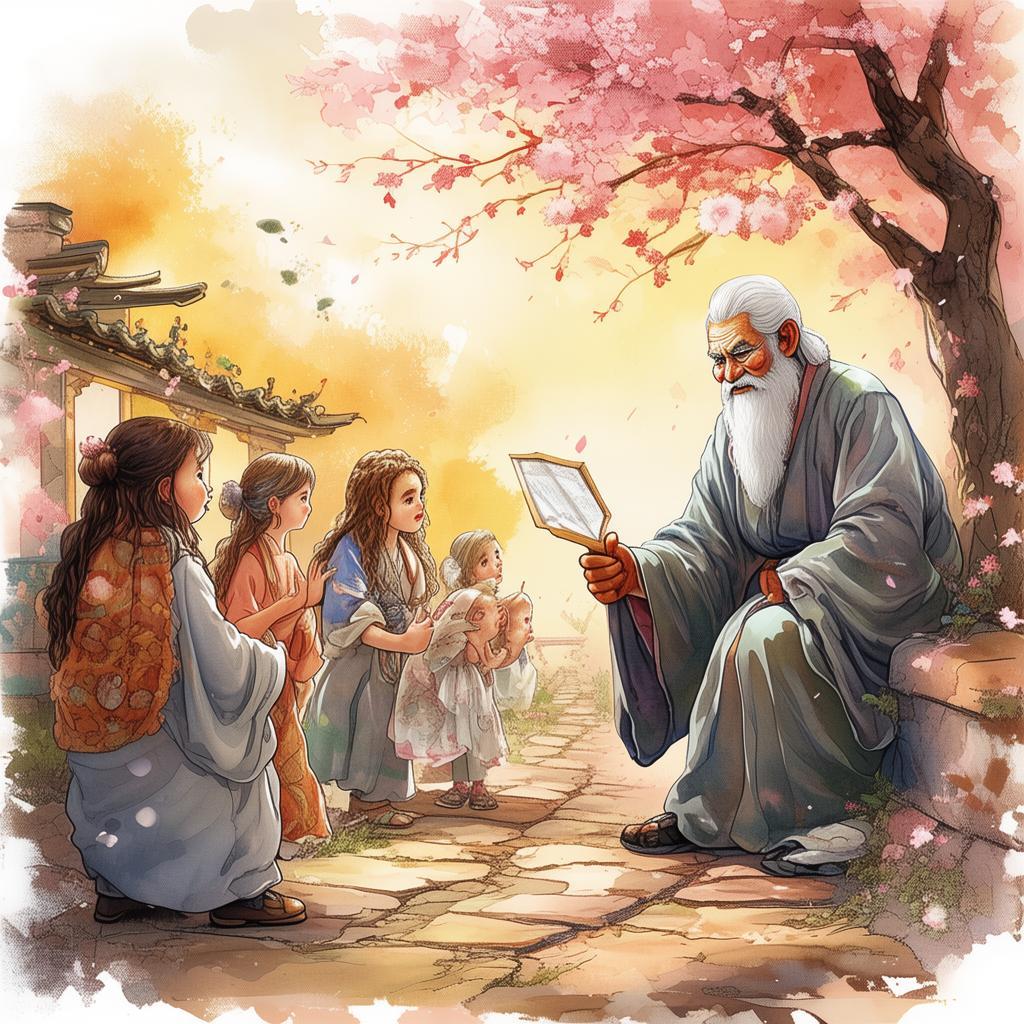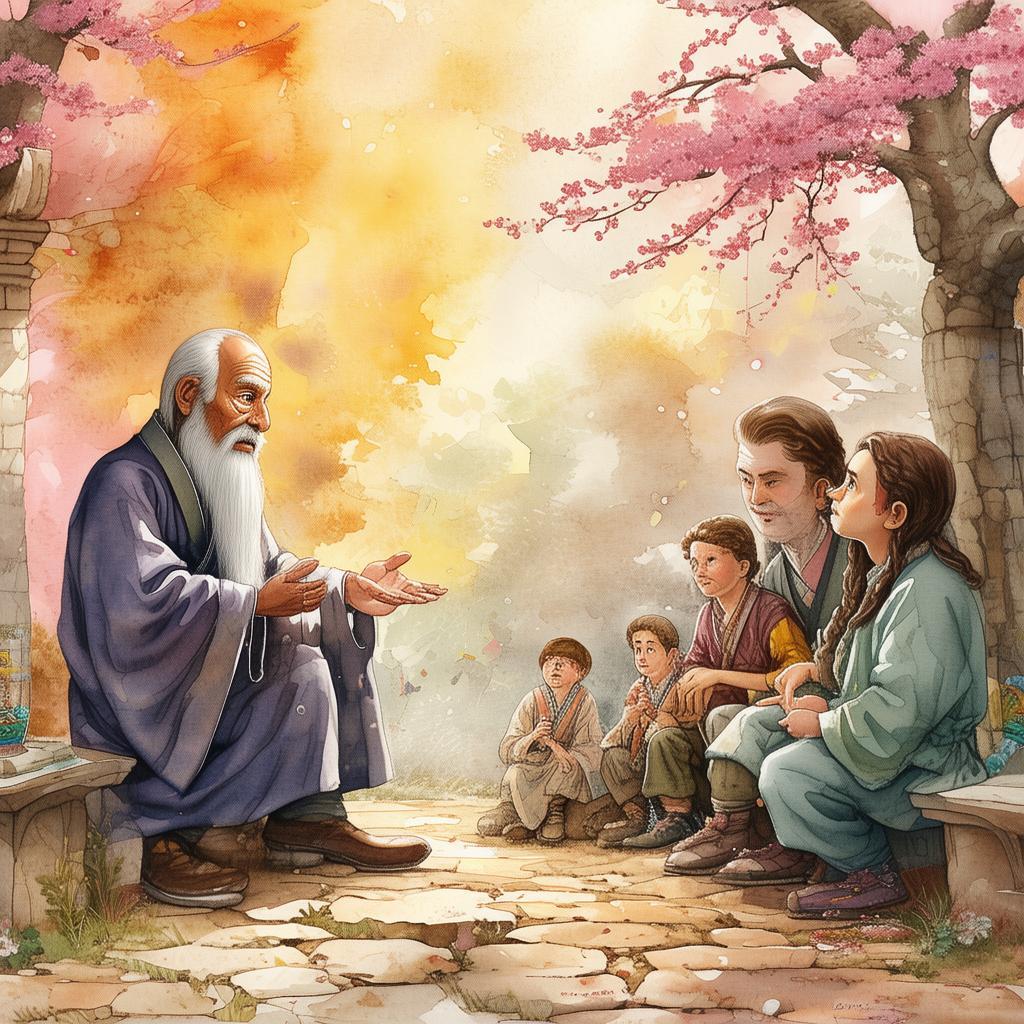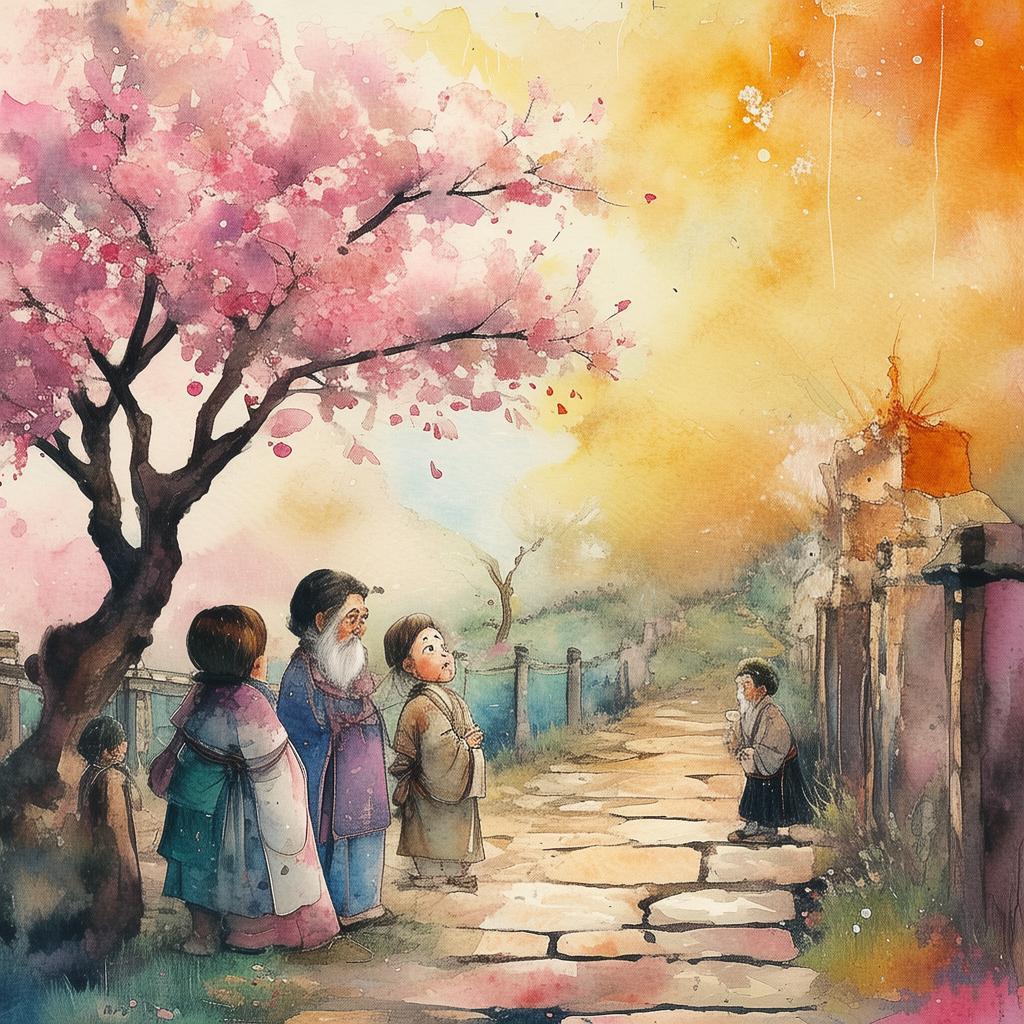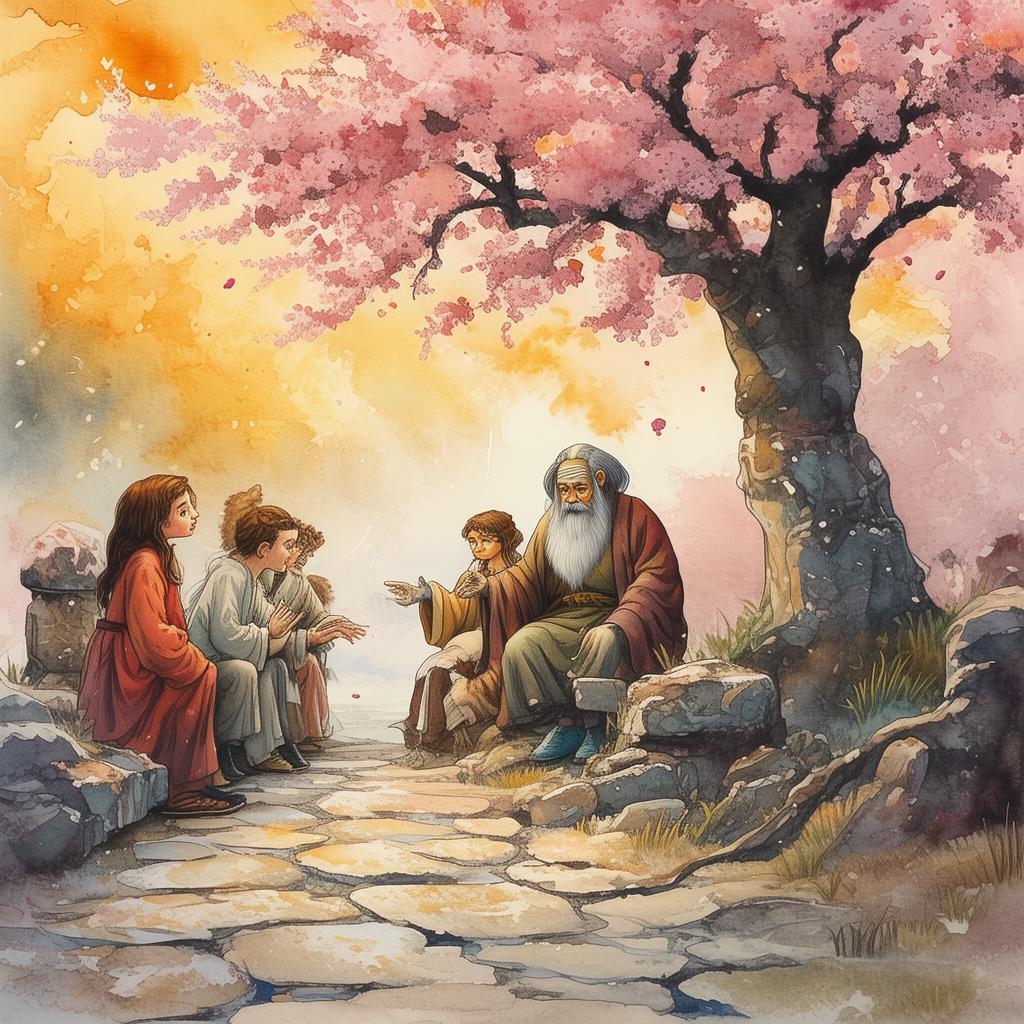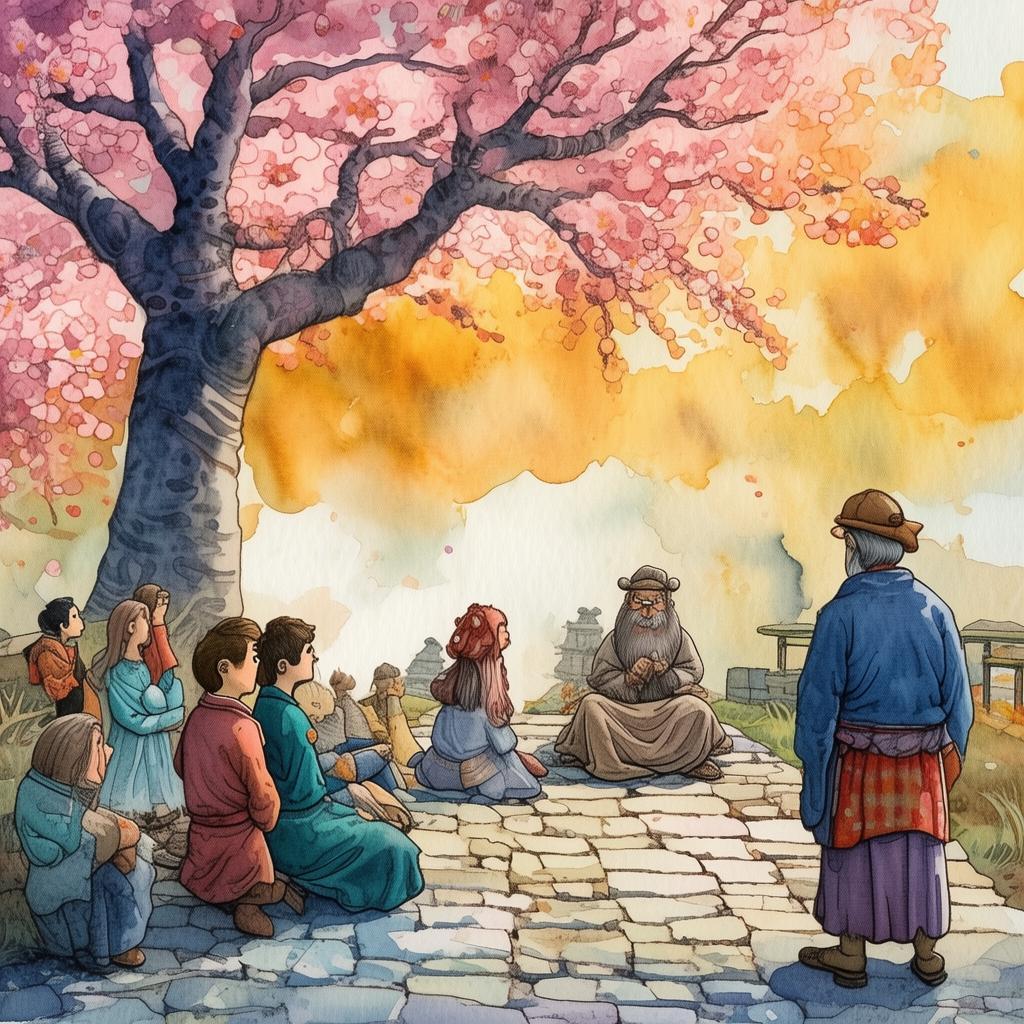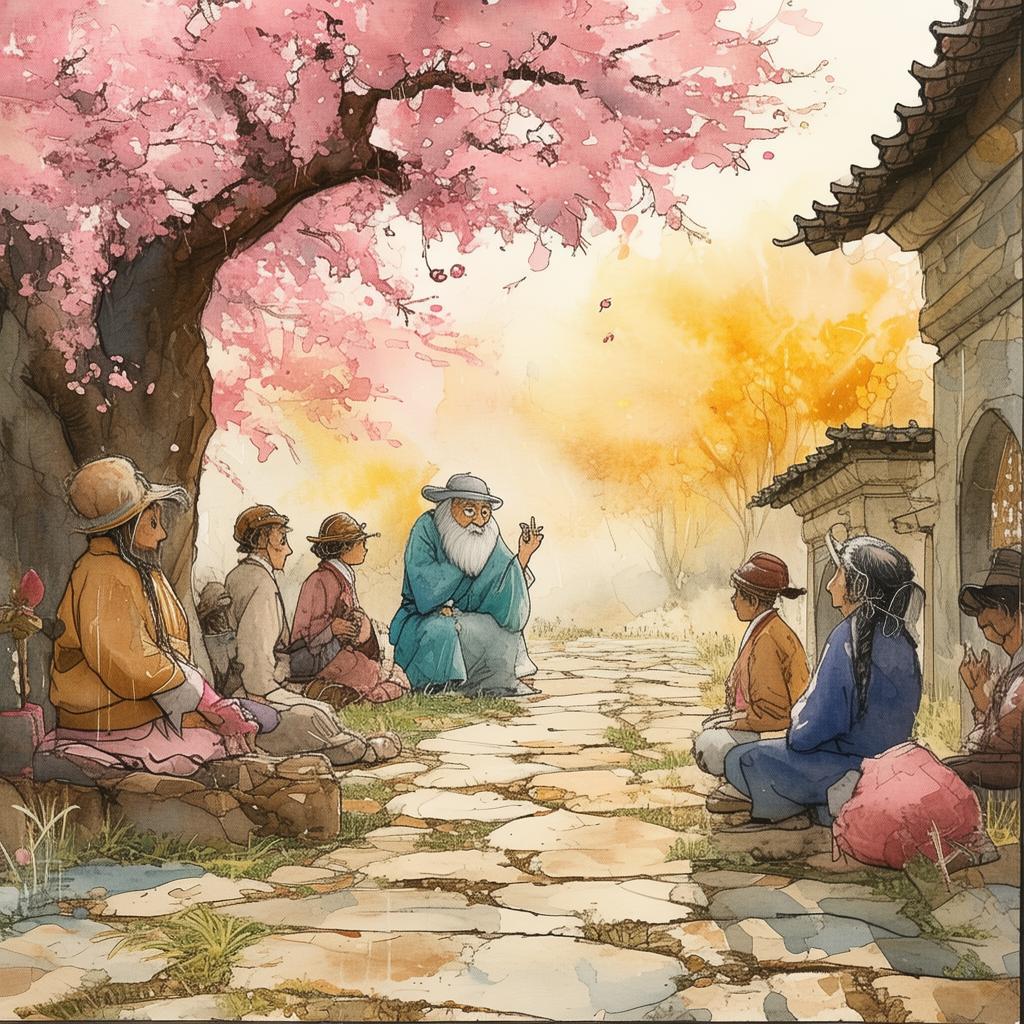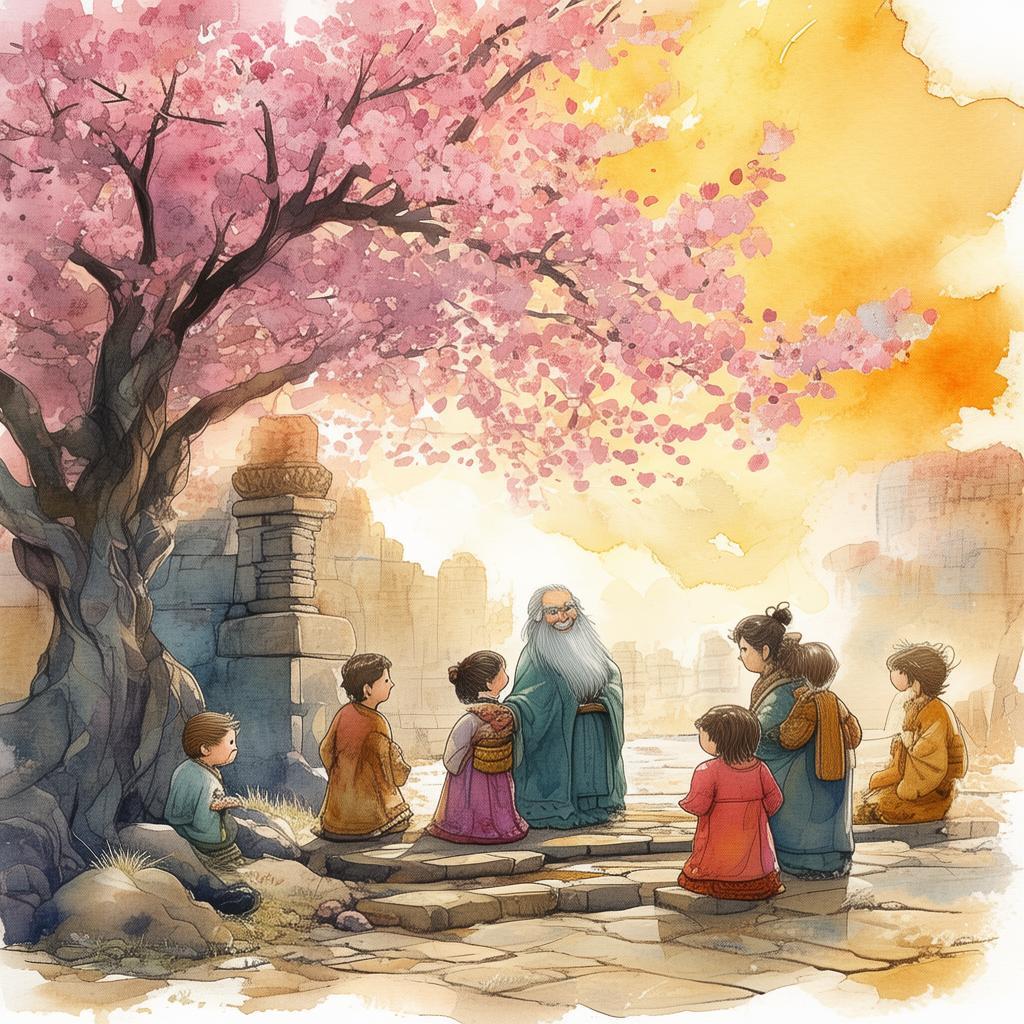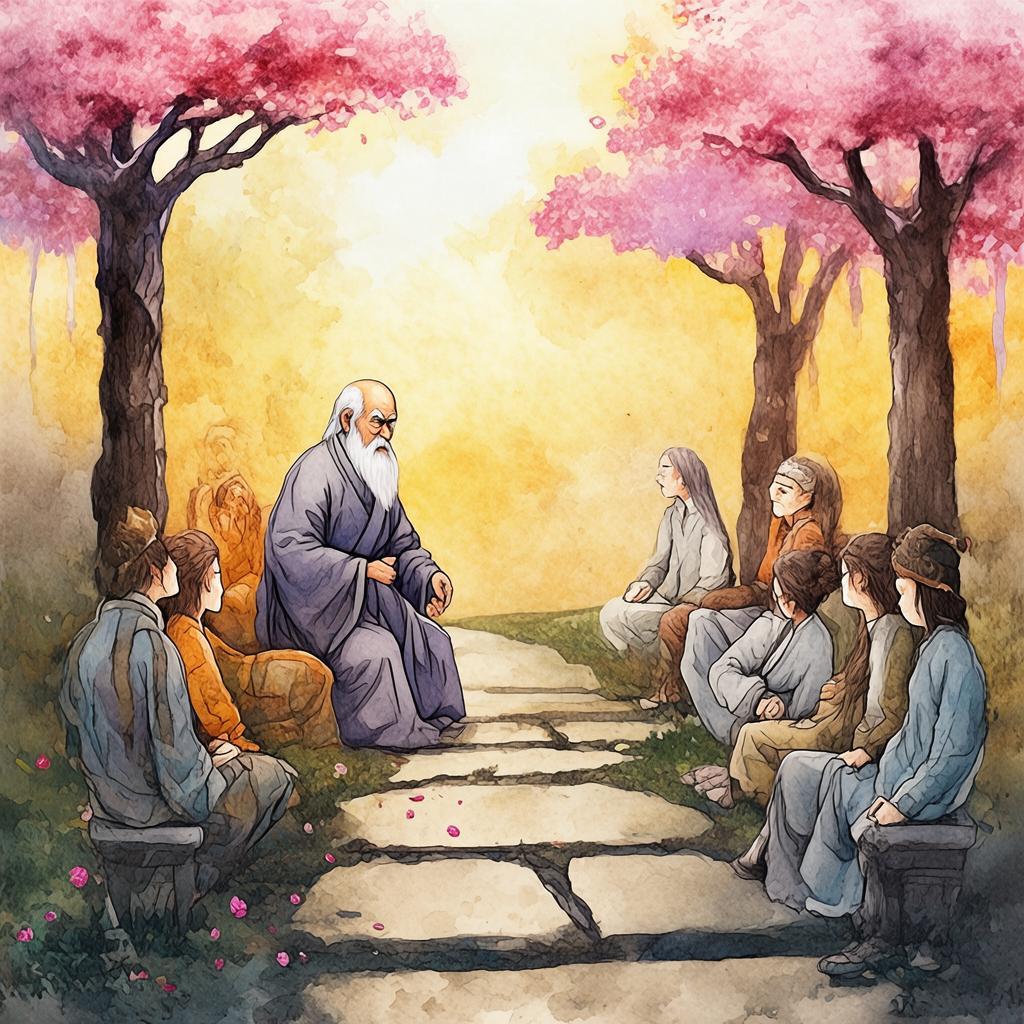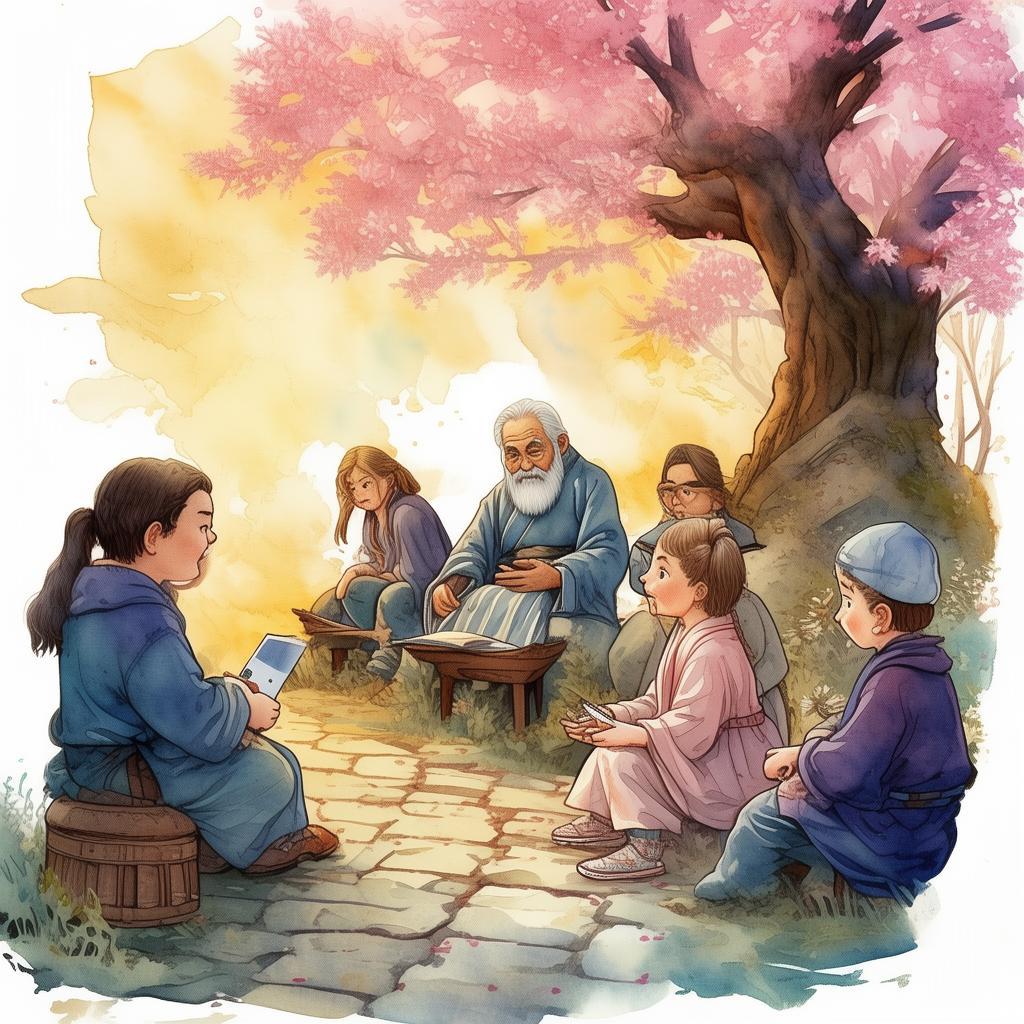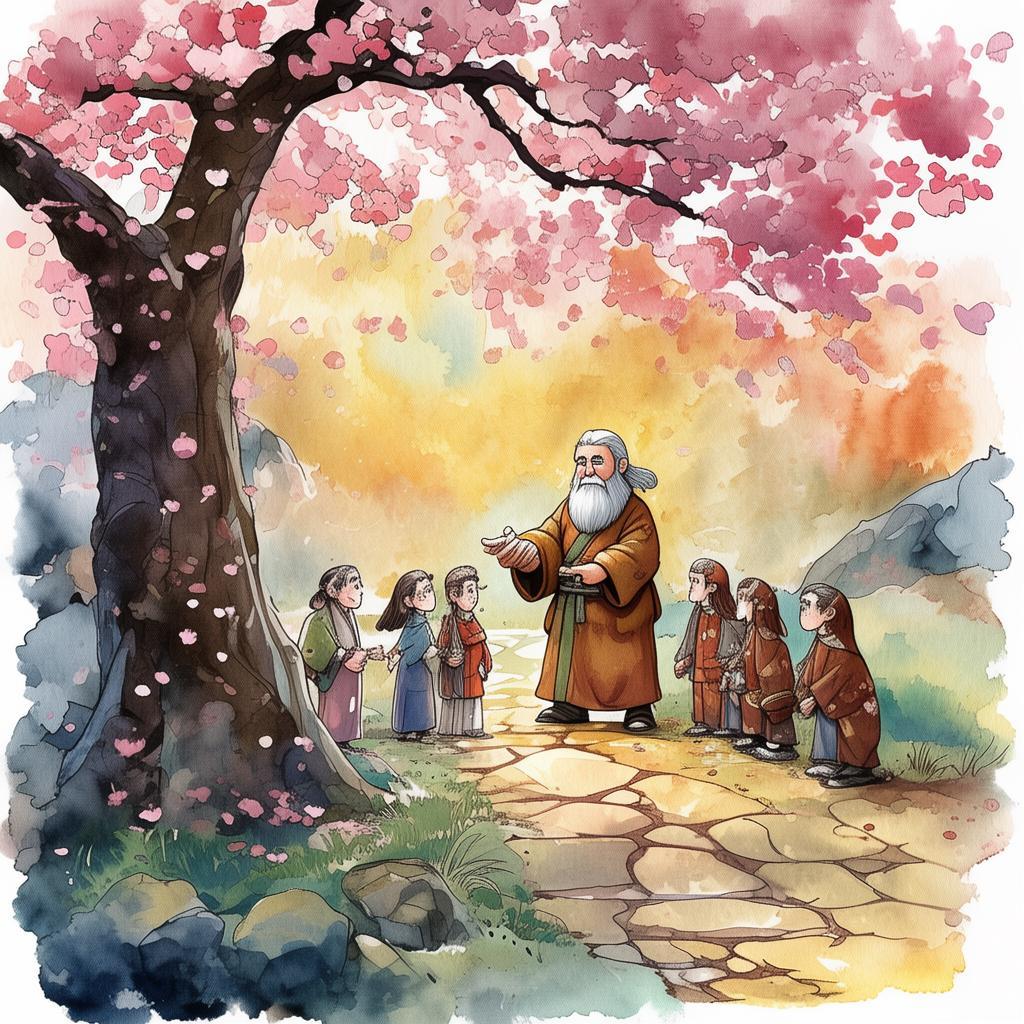The Fateful Chess Match: The Birth of "Yi Liang Qing Shu"
In the annals of the Three Kingdoms era, the name Zhuge Liang was synonymous with wisdom and strategy. Known as Zhuge Zao, he was a man of unparalleled intellect and a master of the celestial arts. Among his many accomplishments, none were more famous than the fateful chess match against the fearsome Cao Cao.
The year was 208, and the war-torn lands of the Eastern Han were in turmoil. Cao Cao, the warlord of the Wei, had consolidated his power and sought to unite the empire under his rule. Zhuge Liang, the mastermind behind the Shu Han, knew that Cao Cao was a formidable opponent. He had heard tales of Cao Cao's prowess in battle and his cunning in the political arena. To prevent the fall of Shu Han, Zhuge Liang decided to challenge Cao Cao to a celestial chess match, a game that would decide the fate of the Three Kingdoms.
The match was set in the mystical land of the immortals, where the rules of the game were as complex as the celestial bodies themselves. Zhuge Liang, with his profound knowledge of the celestial arts, believed that he could outwit Cao Cao with his strategic genius.
The day of the match arrived, and the immortals of the heavens gathered to witness the epic confrontation. Cao Cao, dressed in regal attire, entered the celestial realm with an air of confidence. Zhuge Liang, however, was not so sure. He knew that Cao Cao was a master of deception and that he would have to be at his best to win.
The game began with a series of moves that seemed to dance across the celestial board, each one a strategic masterpiece. Zhuge Liang played with a precision that left the immortals in awe, while Cao Cao matched him move for move, his mind as sharp as a sword.
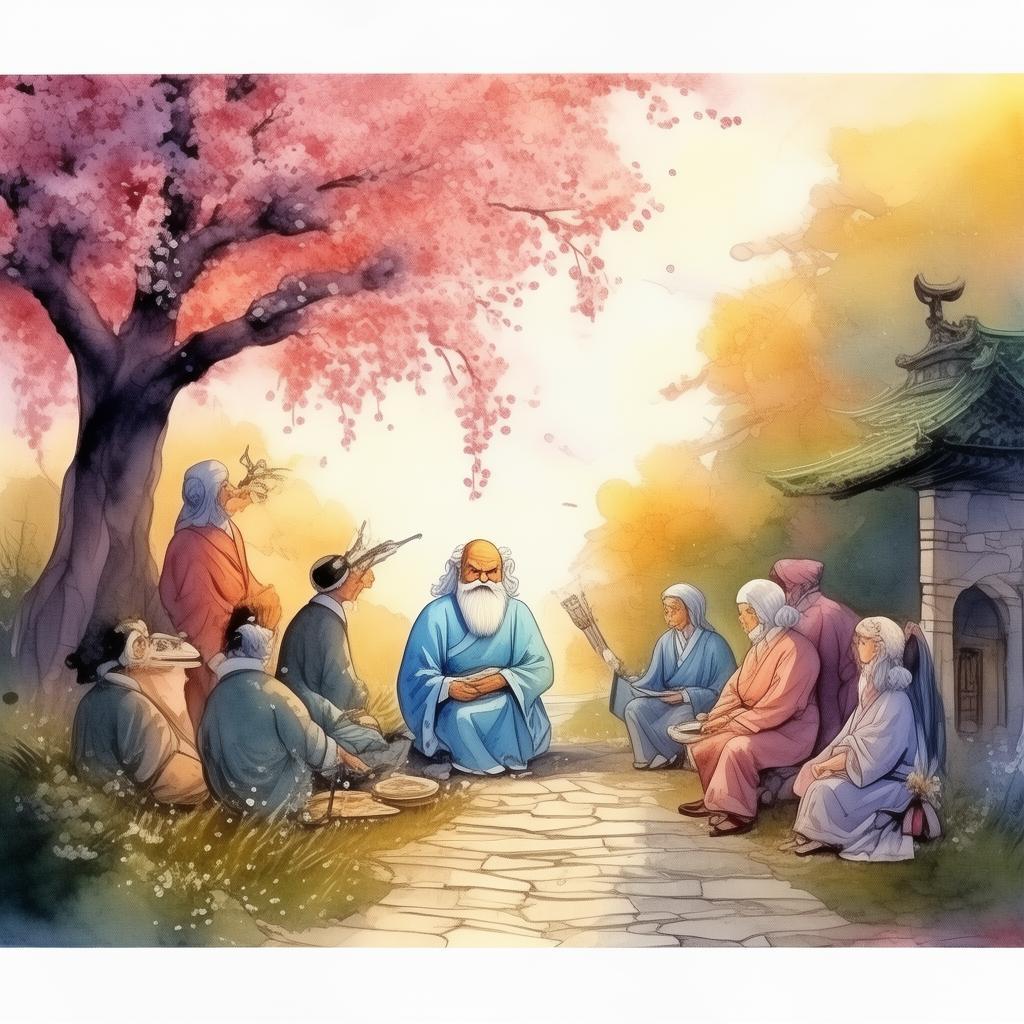
As the game progressed, the celestial realm was filled with a palpable tension. The immortals watched, their eyes wide with amazement, as the two geniuses clashed. The stars twinkled above, as if the very heavens themselves were cheering for their favorite player.
But as the match reached its climax, a twist occurred that no one could have predicted. Zhuge Liang, with a move that seemed to defy logic, placed his final piece on the board. The immortals gasped as the board seemed to shudder, and the stars above flickered.
Cao Cao, realizing his defeat, bowed his head in respect. "You have won, Zhuge Zao. Your wisdom and strategy have proven to be superior to mine."
Zhuge Liang smiled, a rare sight for a man known for his stoic demeanor. "It is not merely my strategy that has won this match, but the will of the people. Shu Han will stand firm against the tide of tyranny."
The immortals cheered, and the celestial realm was filled with a sense of triumph. Zhuge Liang's victory was not just a victory for Shu Han, but for the people who sought freedom from the clutches of tyranny.
From that day forward, the game of celestial chess became a legend, and the move that Zhuge Liang had played was named "Yi Liang Qing Shu" (One Weighted Chess Piece). It was a move that symbolized the balance of power, the delicate equilibrium between wisdom and strength, and the unyielding spirit of the people.
The tale of Zhuge Liang and Cao Cao's celestial chess match would be told for generations, a testament to the power of strategy and the indomitable will of those who fight for justice. And in the hearts of all who heard the story, the name "Yi Liang Qing Shu" would resonate with the same sense of awe and respect as the man who had played it.
✨ Original Statement ✨
All articles published on this website (including but not limited to text, images, videos, and other content) are original or authorized for reposting and are protected by relevant laws. Without the explicit written permission of this website, no individual or organization may copy, modify, repost, or use the content for commercial purposes.
If you need to quote or cooperate, please contact this site for authorization. We reserve the right to pursue legal responsibility for any unauthorized use.
Hereby declared.
